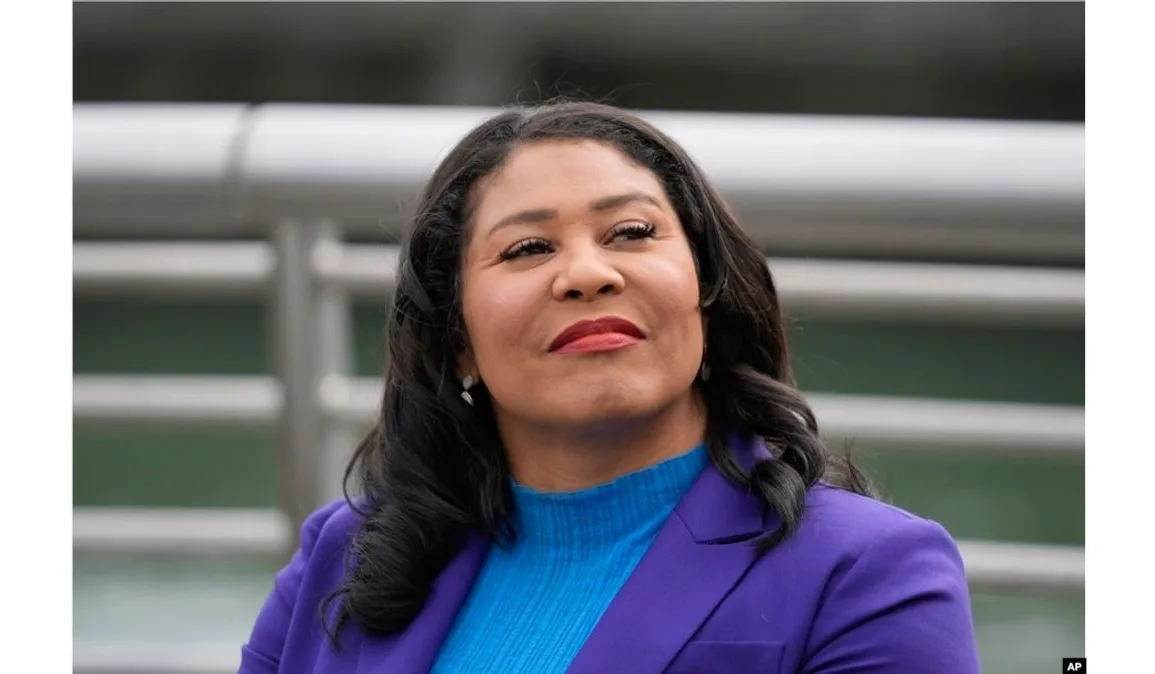
San Francisco’s Board of Supervisors has made a landmark decision, unanimously apologizing to the African American community for the city’s long history of racism and discrimination. This resolution, spearheaded by Supervisor Shamann Walton, acknowledges the systemic discrimination, targeted violence, and the city’s commitment to righting these historical wrongs. Notably, San Francisco aligns with Boston and nine states in offering formal apologies for slavery, setting a precedent for other cities and states to follow.
Historical Injustices Acknowledged
The city’s apology is a significant recognition of the injustices African Americans have faced, both historically and currently. The resolution directly addresses past policies such as property redlining and the displacement of residents from the Fillmore neighborhood, areas where the city has contributed to the systemic oppression of Black communities. This step is in response to the African American Reparations Advisory Committee’s over 100 proposals, which include substantial financial reparations. However, despite this acknowledgment, action on these proposals, including a notable $5 million lump-sum cash payment and a guaranteed income for eligible Black adults, has yet to be taken.
Reparations: A Divided Opinion
While the apology has been generally well-received, it has also sparked a debate on the effectiveness of such gestures without accompanying concrete actions. Critics, including Supervisor Dean Preston, argue that current policies continue to harm African American residents, suggesting that more immediate and tangible steps are necessary. On the other hand, Mayor London Breed believes that reparations should be a national initiative, indicating a potential conflict on how to best address these historical wrongs at the local level. Despite these differences, the resolution marks an important acknowledgment of the city’s past failures and a commitment to seeking justice for its African American residents.
Next Steps and Potential Implications
The apology, while a symbolic gesture, highlights the ongoing discussions around reparations and the need for substantial investment in Black communities. San Francisco’s acknowledgment of its racist past and the promise of reparations are crucial first steps, but the effectiveness of these actions remains to be seen. The debate surrounding the resolution reflects broader conversations on racial justice, reparations, and how best to address historical injustices at both the local and national levels. As San Francisco takes these initial steps, the possibility of real change and the actualization of reparations proposals loom on the horizon, potentially setting a benchmark for other cities and states to follow.
The apology from San Francisco’s Board of Supervisors to its African American residents is more than a gesture; it’s a call to action and a reminder of the work that remains in addressing systemic racism. While the path to reparations and racial justice is complex and fraught with disagreements, this resolution could serve as a catalyst for meaningful change, inspiring other jurisdictions to reckon with their histories and consider reparations as a tangible means of redress. As the conversation evolves, the impact of San Francisco’s apology and the actions that follow will be closely watched, potentially shaping the national dialogue on reparations and racial justice.


